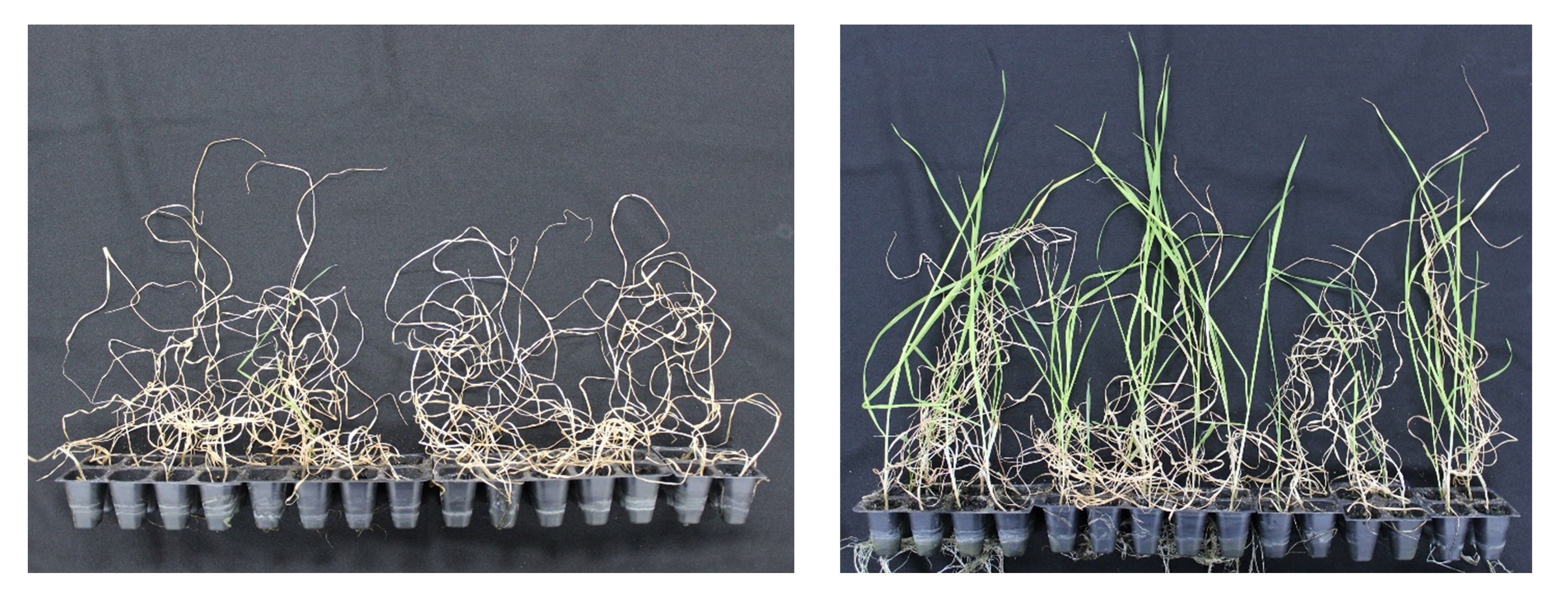How ethanol could help your plants survive a drought
The findings could help farmers facing extreme climate crisis-related drought

Ethanol can help plants, including rice and wheat, survive in times of drought, according to a new study.
Researchers claim the finding offers a practical way to increase food production across the globe when water is scarce because ethanol is safe, cheap, and widely available.
Scientists at the RIKEN Center for Sustainable Resource Science in Japan found that adding ethanol to soil allows plants, including rice and wheat, to thrive after two weeks without water.
Lead researcher Motoaki Seki said that a steadily rising population and climate crisis-induced water shortages will inevitably lead to food shortages, so finding a way to prevent plants from dying when they don’t have access to water is vital.
Genetically modifying plants so that their stomata—the pores in their leaves—stay closed, prevents water from leaving the plants, he adds. However, making genetically modified plants is expensive and time-consuming, and countries with the greatest need might not have equal access to these modified crops.
“We find that treating common crops such as wheat and rice with exogenous ethanol can increase crop production during drought,” Seki said.
“This is likely via changes in the metabolomic and transcriptomic profiles that regulate the drought-stress response.
“This offers us a cheap and easy way to increase crop yield even when water is limited, without the need for genetic modification.”
Seki and his team, knowing that plants produce ethanol when deprived of water, reasoned that giving it to plants would protect them from future drought.
To test the hypothesis, researchers grew plants for about two weeks with ample water then pre-treated soil with ethanol for three days, followed by water deprivation for two weeks.
About 75 per cent of ethanol-treated wheat and rice plants survived after rewatering, while less than 5 per cent of the untreated plants survived.
The study was published in Plant and Cell Physiology.
Subscribe to Independent Premium to bookmark this article
Want to bookmark your favourite articles and stories to read or reference later? Start your Independent Premium subscription today.

Join our commenting forum
Join thought-provoking conversations, follow other Independent readers and see their replies